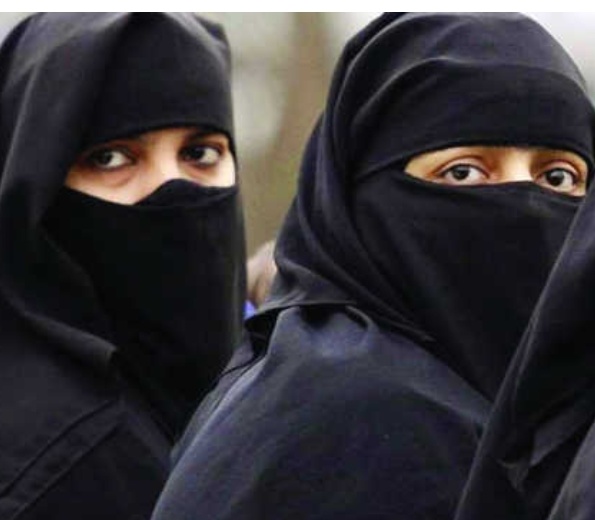Refusing to urgently list petitions challenging the Karnataka High Court verdict upholding the ban on hijab in educational institutes in the state, the Supreme Court on Wednesday said it would take up the matter after Holi vacation.
The Karnataka High Court had on Tuesday upheld the ban on wearing hijab in educational institutes in the state, saying it’s not an essential religious practice of Islam and school uniforms promoted harmony and spirit of common brotherhood.Senior advocate Sanjay Hegde, representing petitioner students, mentioned a petition against the high court’s verdict before a Bench led by Chief Justice of India NV Ramana and sought urgent listing in view of the upcoming examinations.“Others also mentioned, let us see…we will list after the vacations. Give us time,” the CJI said.Last month, the top court had refused to intervene in the hijab controversy even as it asserted that it would protect the constitutional rights of everyone and would take up the matter at the appropriate time.
A Full Bench of Karnataka High Court Chief Justice Ritu Raj Awasthi, Justice Krishna S Dixit and Justice Jaibunnisa M Khazi had said, “Those not wearing hijab do not become the sinners under Islam.””Prescription of school dress code to the exclusion of hijab, bhagwa, or any other apparel symbolic of religion can be a step forward in the direction of emancipation and, more particularly, to the access to education. It hardly needs to be stated that this does not rob off the autonomy of women or their right to education inasmuch as they can wear any apparel of their choice outside the classroom,” the High Court said.
Holding that absolutely no case was made out for indulgence, it rejected the petitions filed by some Muslim girls challenging ban on wearing hijab in educational institutes in Karnataka.“We are of the considered opinion that the prescription of school uniform is only a reasonable restriction (on fundamental right to freedom of expression under Article 19(1)(a)) constitutionally permissible which the students cannot object to.”




